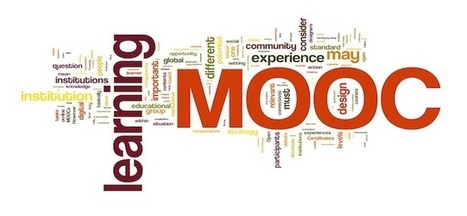In 2011, the respective roles of higher education institutions and students worldwide were brought into question by the rise of the massive open online course (MOOC). MOOCs are defined by signature characteristics that include: lectures formatted as short videos combined with formative quizzes; automated assessment and/or peer and self–assessment and an online forum for peer support and discussion. Although not specifically designed to optimise learning, claims have been made that MOOCs are based on sound pedagogical foundations that are at the very least comparable with courses offered by universities in face–to–face mode. To validate this, we examined the literature for empirical evidence substantiating such claims. Although empirical evidence directly related to MOOCs was difficult to find, the evidence suggests that there is no reason to believe that MOOCs are any less effective a learning experience than their face–to–face counterparts. Indeed, in some aspects, they may actually improve learning outcomes.
Via
Peter B. Sloep,
Peter Mellow,
Bruno De Lièvre



 Your new post is loading...
Your new post is loading...











What follows - the manifest - is a list of 23 items which can best be seen as individual statements about what MOOCs are (or not) and what you can do with them (or cannot). It is not an (extensive) attempt to define MOOCs or a call for action on what we should do with MOOCs. Keeping that in mind, the list is useful as a summary of the many items that are raised in discussions on MOOCs (orginal in Spanish) (@pbsloep)
add your insight...